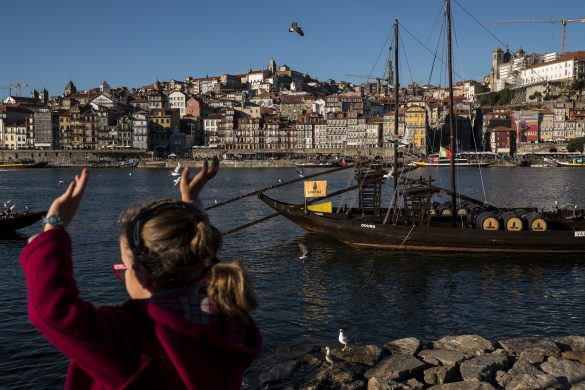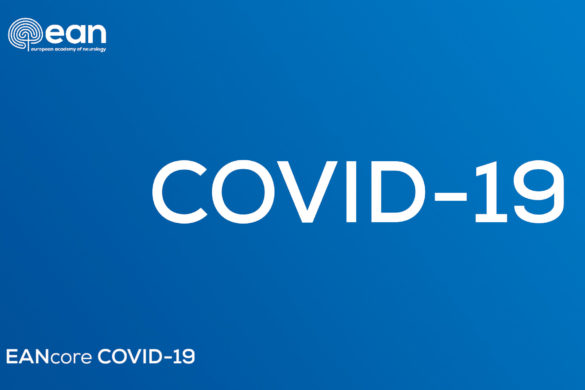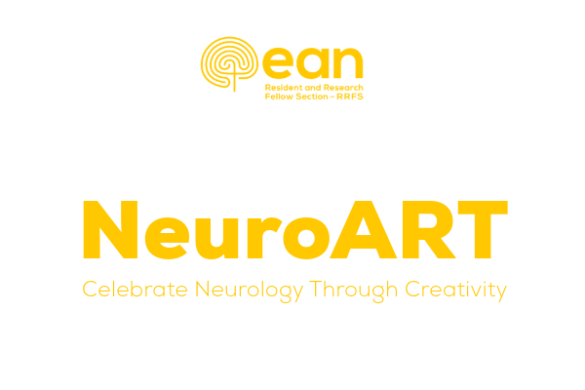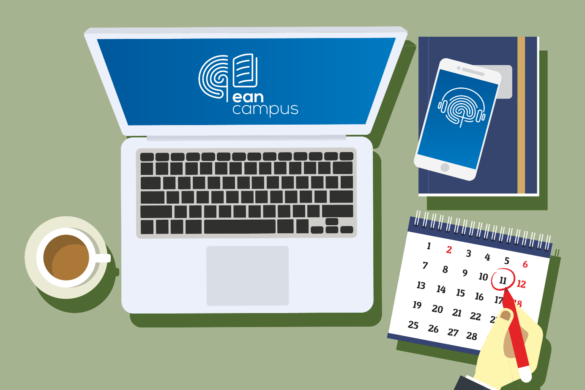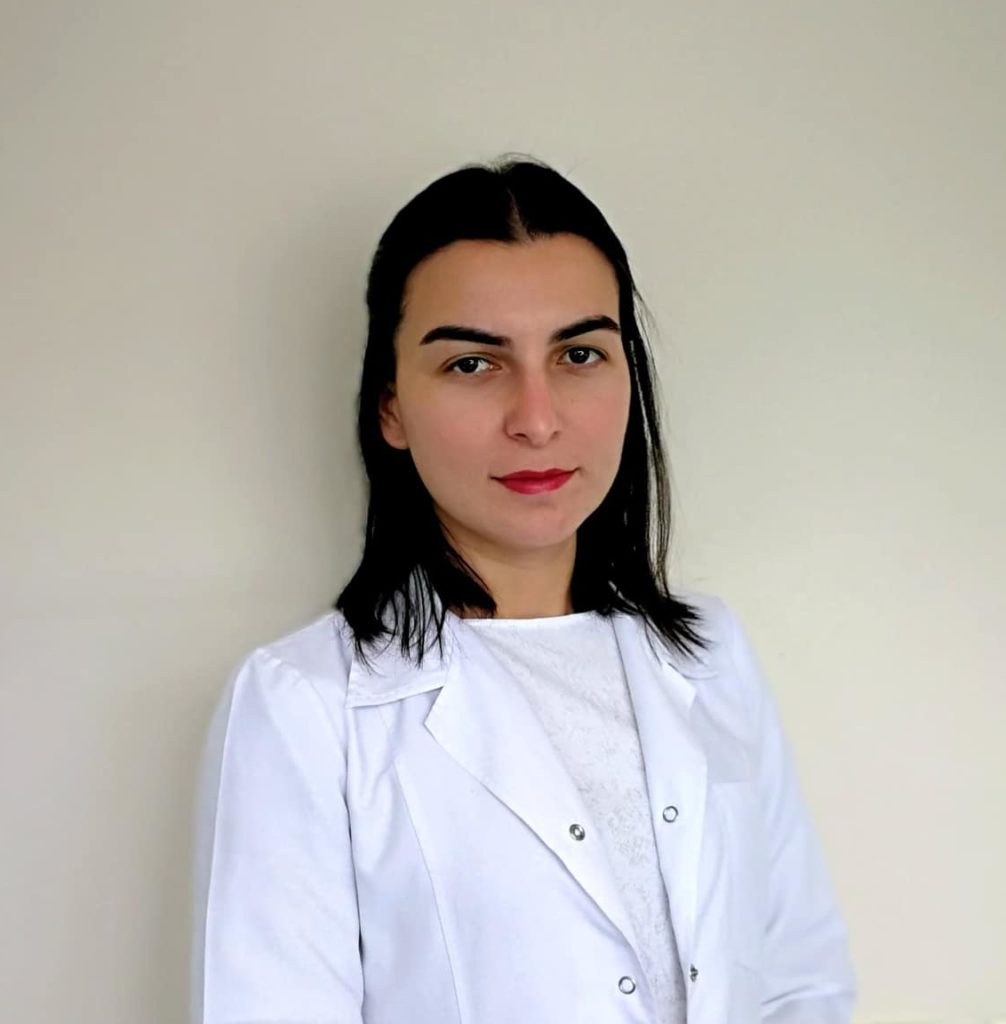
Miranda Demuria, Tbilisi, Georgia
Term of Fellowship: 19 September – 17 October 2022
Hosting department: Department of Neurology, University Hospital Inselspital, Bern, Switzerland
Supervisor: Prof. Marcel Arnold
…
It is my pleasure to report about my EAN Clinical Fellowship at the Department of Neurology at University Hospital Inselspital in Bern, Switzerland, which is one of the best centres in Europe regarding vascular neurology and stroke care, being in the forefront of stroke research, development of European stroke guidelines and promotion of several educational initiatives.
I would like to express my gratitude to the Department of Neurology, University Hospital Inselspital, Bern, Switzerland for the amazing opportunity to undertake a clinical fellowship in the stroke unit and neurovascular department.
On the first day I had an appointment with the mentor Prof. Marcel Arnold and Vanessa Boulanger, assistant of the chief doctor, with whom my fellowship programme was developed and planned.
During my fellowship, guided by Prof. Marcel Arnold I was able to accompany the extraordinary team of doctors in the various activities performed related to the stroke patient and vascular neurology.
In the mornings I would accompany the residents and attending physicians in the stroke unit. We would start by evaluating and performing the neurological examination on admitted patients to ascertain the success of reperfusion therapies instituted in the emergency department, and then choose the proper studies performed in the first 24 hours after ischaemic stroke to identify the cause. I also accompanied the different attending physicians in the everyday visit of all admitted patients in the stroke unit, where all patients were examined together, the results of exams performed were reviewed and the management decided as a team. In that regard I would like to specially thank Dr. David Julian Seiffge as well as the other attending physicians and residents that took the time to guide me through their thought processes in the management of patients, allowing me to ask questions and clarifying any doubts I had.
During the afternoons I would spend my time in the emergency department observing, together with the neurology emergency team, all the patients admitted. With focus in the stroke code, I had the opportunity to see the fast-paced management of these patients and the use of emergent MR in the selection of patients for reperfusion therapies namely thrombolysis and thrombectomy.
This was an eye-opening experience; the number of patients treated outside of the conventional 4.5-hour thrombolysis treatment window due to the use of DWI-FLAIR mismatch was incredible and the benefit was huge. Most of the patients I observed in the emergency department, I was also able to accompany in the stroke unit. This continuum of care was an excellent opportunity for my training as I was able to see the improvement of deficits from the ED to the Stroke Unit. Without a doubt I learned a lot with the emergency department team and was able to incorporate a few tricks to my own approach to the stroke code performed in my own hospital improving the overall care of these patients.
One full day a week I would also spend time in the neurovascular unit where ultrasonography was performed. I would like to personally thank Claudia Marmet.
After performing the ultrasound I would accompany the doctors in their neurology consultations with the patients, answering any doubts, and changing secondary prevention medications according to the state-of-the-art guidelines.
During my fellowship I also participated in the different training meetings provided by the neurology department, where I had the opportunity to consolidate knowledge not only related to vascular neurology and stroke care but to different areas of neurology depending on the theme presented.
Living in Bern was undoubtedly a great experience. People were supportive and friendly during my stay. Other positive aspects included the cultural offer, the diversity and, against all odds, the weather, which was exceptionally nice. This fellowship has benefited me tremendously. With no exception, all the professionals that I had contact with during my fellowship are an example of inclusion and welcoming.
Living in Bern was very expensive. One of main reason why I decided to shorten my fellowship programme was expenses. Switzerland is one of the most expensive countries in Europe and really, in the whole world. This makes it so that accommodation, food and other expenses are much higher than elsewhere.
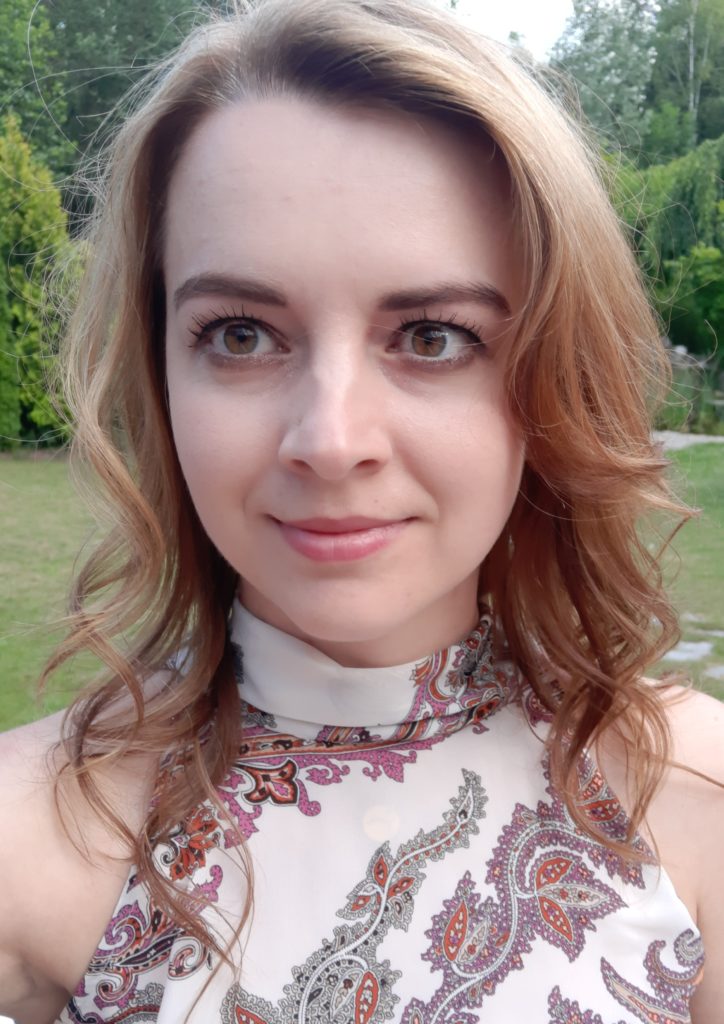
Ewelina Cybulska, Warsaw, Poland
Term of Fellowship: 5 September – 14 October 2022
Hosting department: Dept. of Neurology and Center of Clinical Neuroscience, Charles University and General University Hospital, Prague, Czech Republic
Supervisor: Prof. Evžen Růžička
…
I am very grateful and I would like to thank the EAN for the opportunity to take part in an EAN Clinical Fellowship. I spent a wonderful six weeks in the Department of Neurology led by Prof. Ruzicka. During this time I worked Monday to Friday from 8:00 to 15:35, without absence.
Prof. Ruzicka and all of his collaborators were very kind and always keen to help. At the beginning of my stay, I was given a detailed internship plan. The plan indicated in detail where and with whom I will work every day. It was very well organised. I participated in many consultations in the Center for Extrapyramidal Diseases and in the Center for Interventional Therapy of Motor Disorders in programmes for deep brain stimulation, duodopa and botulinum toxin. I had an opportunity to take part in neurological examinations and whole therapeutic process.
All neurologists were very experienced doctors. I had the opportunity to ask questions and they always tried to explain incomprehensible issues to me. I have seen many patients among others with Parkinson disease, multiple sclerosis atrophy, progressive supranuclear palsy and Huntington’s disease. The fellowship at the Movement Disorders Center definitely deepened my practical knowledge. I am going to use it in my work with patients. Especially staying in the Center for Interventional Therapy of Motor Disorders in programs for duodopa and botulinum toxin was for me quite new. I do not have these advanced forms of therapy at my hospital.
In addition, it was very nice that Prof. Ruzicka also offered me the opportunity to participate in the Dystonia Day conference organised by his department. I think that the EAN Clinical Fellowship was a wonderful opportunity to obtain more knowledge in the subject of movement disorders, taking into account that the department in Prague offers a whole range of opportunities in this field.
It was a fruitful time in Prague!




